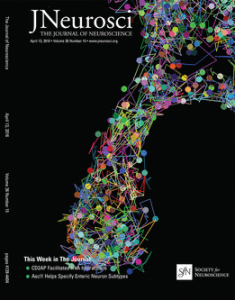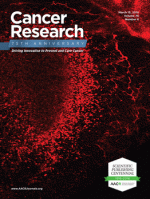 A U.S. judge has denied a virology researcher’s third attempt to overturn a seven-year debarment from receiving federal funds, following a 2010 decision by the U.S. Office of Research Integrity.
A U.S. judge has denied a virology researcher’s third attempt to overturn a seven-year debarment from receiving federal funds, following a 2010 decision by the U.S. Office of Research Integrity.
The ORI banned Scott Brodie for seven years after concluding he had committed 15 acts of misconduct at the University of Washington. The deception affected grant applications, published papers, manuscripts, and presentations. Since then, Brodie has tried multiple times to reverse the ruling in court.
In the latest decision, dated June 13, United States District Judge James E. Boasberg writes: Continue reading Fraudster loses third attempt to remove 7-year debarment


 A former postdoc at the University of Pittsburgh has admitted to committing research misconduct in published papers and in National Institutes of Health (NIH) grant applications.
A former postdoc at the University of Pittsburgh has admitted to committing research misconduct in published papers and in National Institutes of Health (NIH) grant applications.


